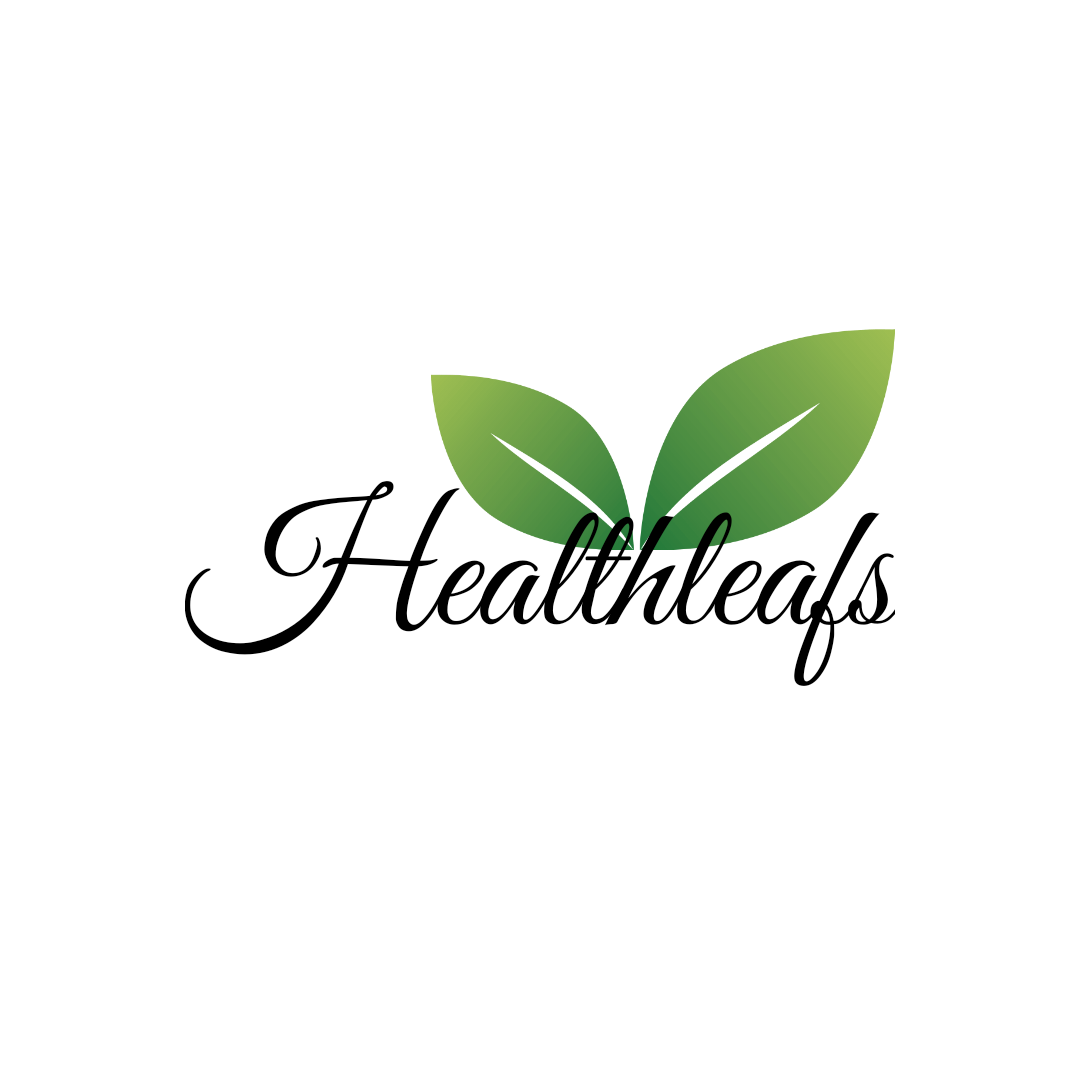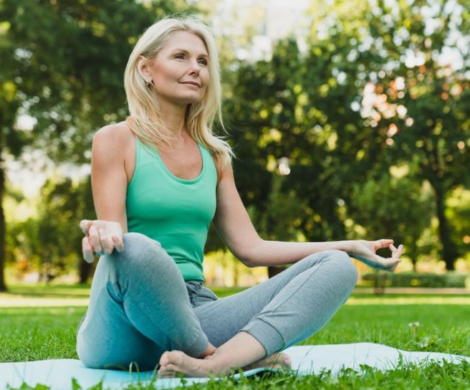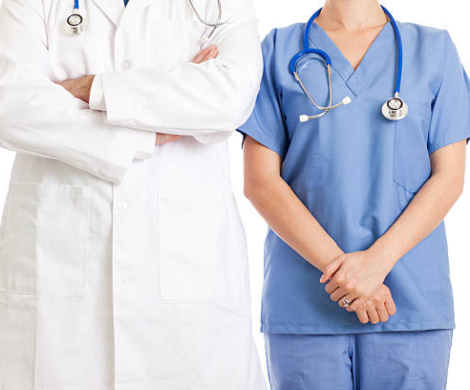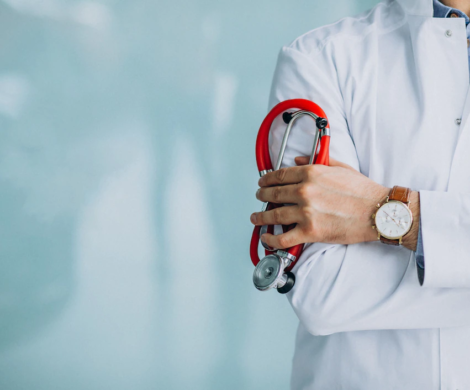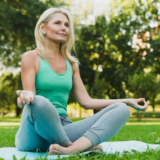10 Health Tips For 2021
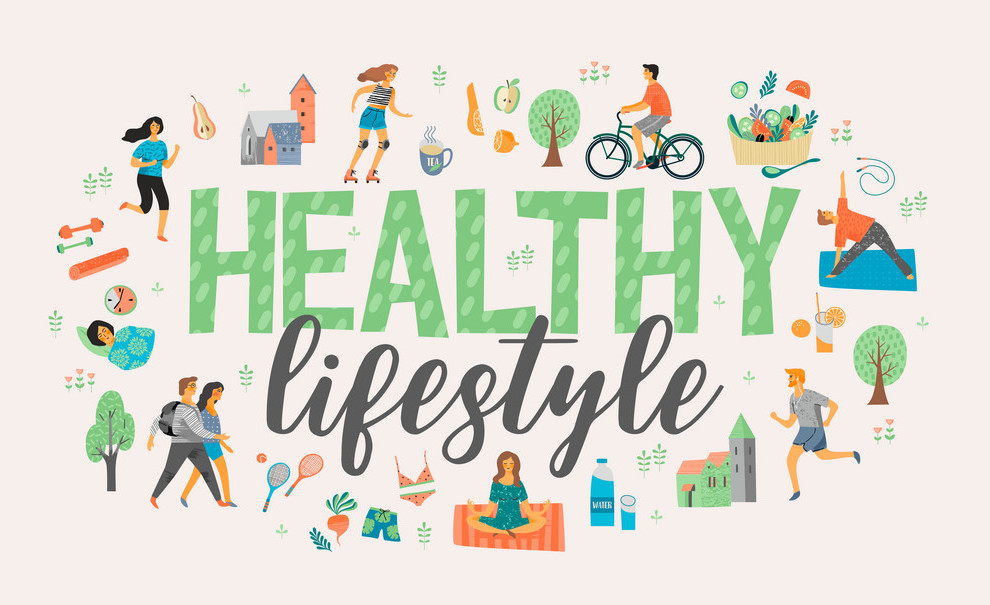
The origin of a new decade brings with it new commitments to improve one’s life, including a healthier lifestyle. Here are 20 possible health tips to help you start towards healthful living in 2020.
1. Eat a healthy diet
Eat a mixture of different foods, including fruit, vegetables, legumes, nuts, and whole grains. Adults should have at least five portions (400g) of fruit and vegetables per day. You can increase your intake of fruits and vegetables by constantly including veggies in your meal; consuming fresh fruit and vegetables as snacks; eating a mixture of fruits and vegetables, and eating them in season. By eating healthy, you will decrease your risk of illness and non-communicable diseases (NCDs) such as diabetes, heart disease, stroke, and cancer.
2. Consume less salt and sugar
Filipinos eat twice the advised amount of sodium, putting them at risk of high blood pressure, which in service increases the risk of heart attack and stroke. Most people take their sodium through salt. Decrease your salt intake to 5g per day, equal to about one teaspoon. It’s more comfortable to do this by limiting the number of salt, soy sauce, fish sauce, and other high-sodium sauces when preparing meals; excluding salt, seasonings, and condiments from your meal table; bypassing salty snacks; and taking low-sodium products.
On the opposite hand, consuming extreme amounts of sugars raises the risk of tooth decay and harmful weight gain. In both adults and children, the consumption of free sugars should be decreased to less than 10% of total strength intake. This is equal to 50g or about 12 teaspoons for an adult. WHO suggests consuming less than 5% of total energy intake for added health benefits. You can decrease your sugar intake by checking the consumption of sugary snacks, candies and sugar-sweetened drinks.
3. Reduce intake of harmful fats
Fats consumed should be lighter than 30% of your total energy consumption. This will help stop unhealthy weight gain and NCDs. There are several types of fats, but unsaturated fats are excellent over full fats and trans-fats. WHO suggests reducing saturated fats to less than 10% of total strength intake; decreasing trans-fats to smaller than 1% of total energy intake; and replacing both overfilled fats and trans-fats with unsaturated fats.
The better-unsaturated fats are found in fish, avocado, and nuts, and in sunflower, soybean, canola and olive oils; saturated fats are located in fatty meat, butter, palm and coconut oil, cream, cheese, ghee, and lard; and trans-fats are located in baked and fried foods, and pre-packaged meals and foods, such as frozen pizza, cookies, biscuits, and cooking oils and spreads.
4. Avoid harmful use of alcohol
There is no reliable level for drinking alcohol. Drinking alcohol can affect health problems such as mental and behavioral disorders, including alcohol addiction, major NCDs such as liver cirrhosis, some cancers, and heart diseases, as great as injuries resulting from violence and road clashes and collisions.
5. Don’t smoke
Smoking tobacco produces NCDs such as lung disease, heart disease, and stroke. Tobacco destroys not only the direct smokers but also non-smokers over second-hand exposure. Currently, there are about 15.9 million Filipino adults who smoke tobacco but 7 in 10 smokers are engaged or plan to quit.
If you are currently a smoker, it’s not too delayed to quit. Once you do, you will encounter immediate and long-term health benefits. If you are not a smoker, that’s excellent! Do not begin smoking and support for your right to breathe tobacco-smoke-free air.
6. Be active
Physical exercise is defined as any bodily action produced by skeletal muscles that require energy investment. This includes exercise and activities offered while working, playing, carrying out household tasks, traveling, and engaging in recreational pursuits. The number of physical activities you need depends on your age group but adults aged 18-64 years should do at most limited 150 minutes of moderate-intensity physical exercise throughout the week. Increase moderate-intensity physical exercise to 300 minutes per week for added health benefits.
7. Check your blood pressure regularly
Hypertension, or high blood pressure, is termed as a “silent killer”. This is because many people who have hypertension may not be aware of the difficulty as it may not have any symptoms. If left uncontrolled, hypertension can point to the heart, brain, kidney, and other diseases. Have your blood pressure monitored regularly by a doctor so you know your numbers? If your blood pressure is high, get the help of a health worker. This is important in the prevention and limitation of hypertension.
8.Get tested
Making yourself tested is an essential step in identifying your health status, particularly when it comes to HIV, hepatitis B, sexually-transmitted diseases (STIs) and tuberculosis (TB). Left untreated, these diseases can start to serious complications and even death. Understanding your situation means you will know whence to either continue checking these diseases or, if you discover out that you’re positive, get the care and medication that you need. Go to a public or private health facility, wherever you are satisfied, to have yourself tested.
9. Get vaccinated
Vaccination is one of the numerous effective ways to prevent diseases. Vaccines control your body’s natural defenses to build strength against diseases like cervical mumps, pneumonia, polio, rabies, cancer, cholera, diphtheria, hepatitis B, influenza, measles, rubella, tetanus, typhoid, and yellow fever.
In the Philippines, free vaccines are given to children 1-year-old and under as part of the Department of Health’s regular immunization program. If you are a minor or adult, you may ask your physician if to check your immunization situation or if you want to have yourself vaccinated.
10. Practice safe sex
Spying after your sexual health is crucial for your overall health and well-being. Habit safe sex to prevent HIV and other sexually spread infections like gonorrhea and syphilis. There are possible prevention methods such as pre-exposure prophylaxis (PrEP) that will shield you from HIV and condoms that will guard you from HIV and other STIs.
